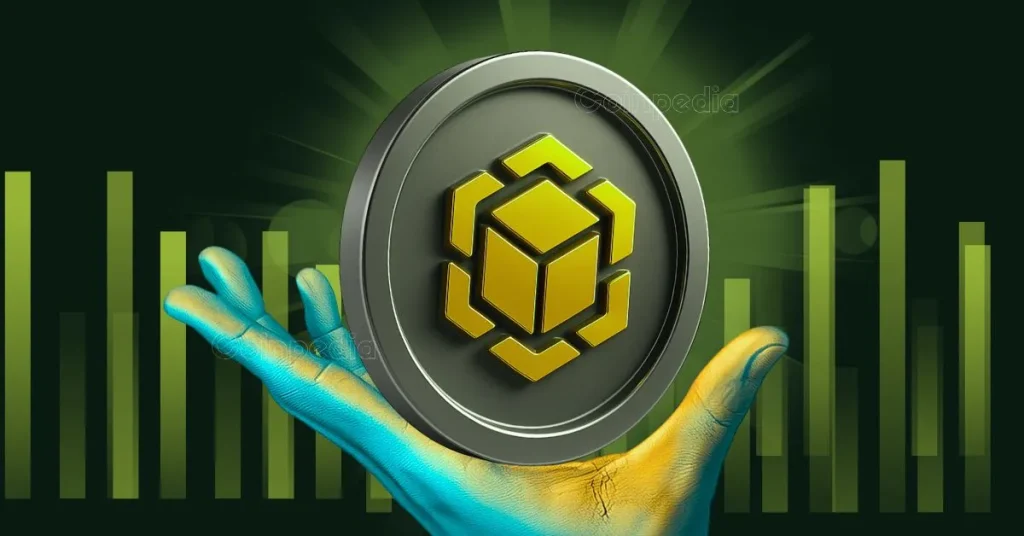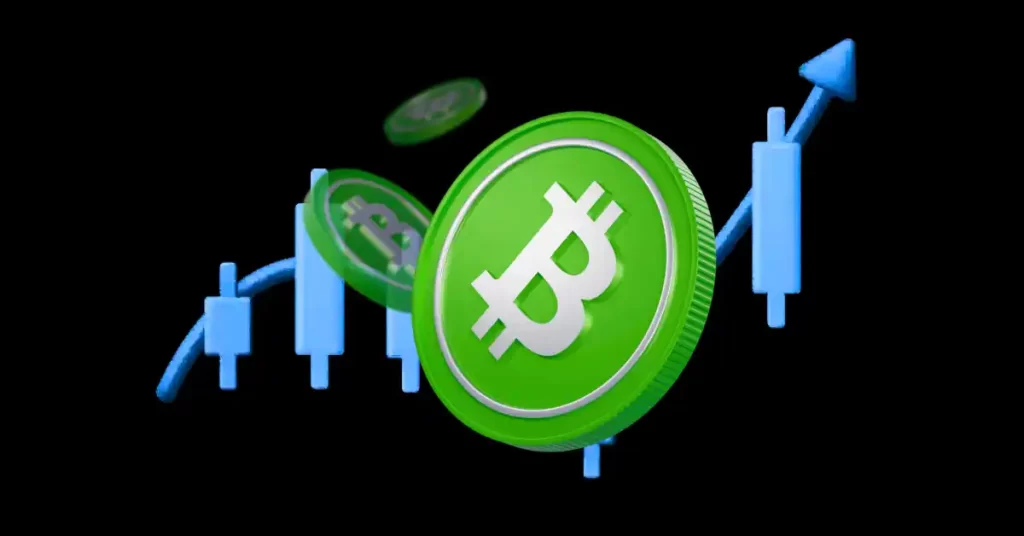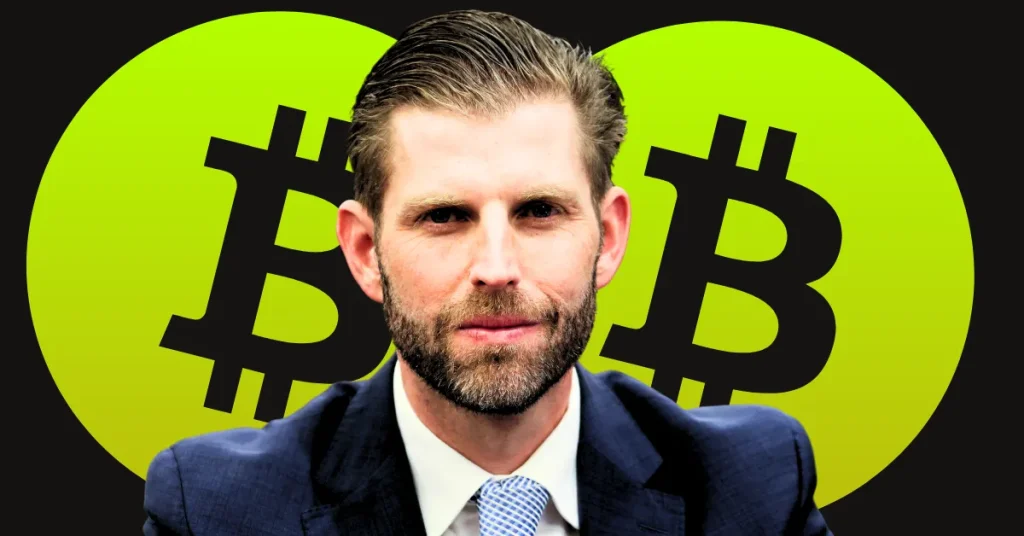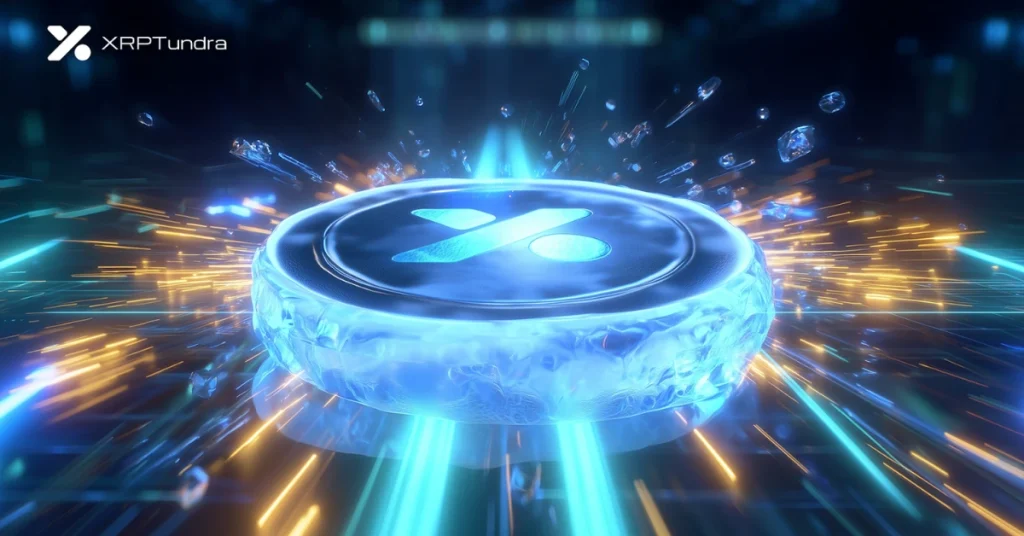
My veteran colleagues at CoinDesk get tired of talking about tokenizing “Real World Asset” (RWA). I’m tired of hearing it.
But at the risk of falling into the trap of optimism, the current hype around RWAs is more genuine and impactful than 2018’s hype around security tokens. It feels like
Backlash against crypto assets
The idea that blockchain technology and native tokens could represent off-chain assets such as stocks, bonds, accounts receivables, and commercial rights such as retail real estate and works of art has been around for some time.
The concept was used during periods of market downturn, such as after the burst of the initial coin offering (ICO) bubble in 2018 and after the FTX bust, which meant that the general public turned to crypto assets such as Bitcoin (BTC) and Ethereum (ETH). It tends to become popular around the time when the backlash increases.
In those times, the idea is to transform familiar, relatively stable and already regulated assets into blockchain-based digital assets that are more acceptable to the mainstream than investing in pure crypto assets. comes to the fore.
Blockchain supremacists tend to reject such models in good times and bad. I fear that the “trustless” structure will be broken because we have to trust a centralized organization to identify, symbolize, and prove the value of the assets on the chain.
technological progress
Moreover, many were dismissive of the basic model used in early tokenization projects, built on permissioned blockchains operated by consortiums of banks and corporations. Crypto proponents saw it as a centralized framework that fell short of the more efficient and low-cost SQL databases.
It remains to be seen whether the latest wave of tokenization, which is attracting Wall Street banks, asset managers, and even the Singapore government, will push the idea into the mainstream. But there are certainly reasons to think there is momentum.
One reason is that technological advances since 2018 have moved closed, permissioned projects to public, permissionless blockchain platforms like Polygon.
The migration will allow us to take advantage of the extremely rapid innovations happening in public chains, like zero-knowledge proofs, and the privacy that investors and issuers demand, as well as programmability, instant payments, and data transparency. It is possible to combine the benefits.
Another factor is the economic situation. Inflation and high interest rates are forcing companies to seek new markets and trading efficiencies to tap unused capital. Tokenization is said to enable all of them.
mainstreaming
One of the pioneers in this space is asset manager Hamilton Lane. It recently partnered with security token issuer Securitize to tokenize a portion of its $2.1 billion Equity Opportunities Fund V.
By making the fund smaller and easier to invest in, it hopes to attract retail investors to private equity assets normally reserved for institutional investors.
Other big investment firms are also considering other approaches. Jenny Johnson, CEO of Franklin Templeton, said tokenization offers an opportunity for individual investors to make their portfolios customizable according to their interests. For example, it could enable novel and novel assets such as the tokenization of loyalty (trust and empathy) to a favorite musician.
Wisdom Tree, which handles crypto asset ETFs (exchange-traded funds), will also enter this field in December 2022. Announced nine blockchain-based funds.
Trends are not limited to “consumer”. In November 2022, major banks such as Citibank, HSBC, BNY Mellon and Wells Fargo partnered with the Federal Reserve Bank of New York to leverage digital tokens for bank and central bank payments. The aim is to shorten the settlement time and reduce the risk of payment errors.
Regulators Missing Opportunities
But this kind of de facto endorsement by the central bank, the US Federal Reserve Board (Fed), is an extremely rare case. Efforts are limited to a few well-regulated financial institutions with close ties to the Fed. The US government is bucking the tokenization wave.
This can be seen as a reaction to the market crash and FTX bankruptcy. The Financial Stability Board (FSB) warns that decentralized finance (DeFi) will “inherit and sometimes exacerbate the system’s vulnerabilities” as it attempts to “reproduce some of the functions of the traditional financial system.” are doing.
Some believe that the tokenization of real-world assets may introduce systemic risks to the DeFi market across the global economy.
That is why the Financial Stability Board, the Bank for International Settlements (BIS) and the International Monetary Fund (IMF) are calling for international coordination of the cryptocurrency industry.
It would be a real shame if regulatory efforts ended up killing tokenization altogether. If managed properly, having stocks, bonds and commercial assets around the world on-chain could mitigate rather than introduce systemic risk.
Supporting wealth creation across generations
A tokenized financial system that can be traced and settled instantly will be more transparent and efficient with less risk of transaction errors when payments are delayed.
The idea of digital assets as a solution to volatility may seem strange to those who misinterpret the chain of influence that spread from cryptocurrency exchanges and lending firms last year as the work of blockchain technology. .
However, in reality, the chain of failures of FTX, Voyager Digital, Celsius Network, etc. was operated off-chain like traditional financial institutions, making opaque management possible. It was caused by fraudulent acts by a centralized organization. In theory, putting transactions on-chain should mitigate that risk and increase access to investment opportunities.
As former U.S. Treasury official John Rizzo noted in a previous column, politicians believe that tokenization will make assets such as real estate more widely accessible and will transcend generations. Focus on supporting wealth creation.
Related article: Focusing on not only tokens but also “tokenization” ──Towards a new American dream[Column]
Tokenization has given “American lawmakers and government officials a chance to focus on revolutionizing investment in alternative assets and more that will unlock the bright American dream for millions of people.”
|Translation and editing: Akiko Yamaguchi, Takayuki Masuda
|Image: Shutterstock
|Original: Has Tokenization’s Moment Finally Come?
The post Is Real Assets (RWA) Tokenization Finally Coming?[Opinion]| coindesk JAPAN | Coindesk Japan appeared first on Our Bitcoin News.

 2 years ago
98
2 years ago
98














 English (US) ·
English (US) ·